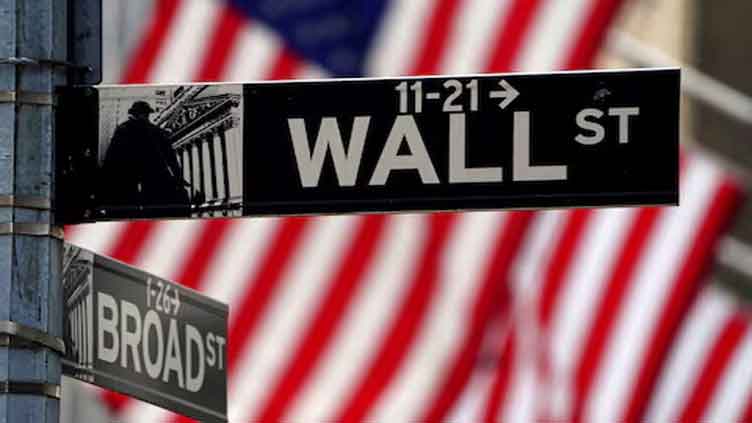Wall St Week Ahead Economic worries back on Wall Street's radar after jobs data

Business
Wall St Week Ahead Economic worries back on Wall Street's radar after jobs data
NEW YORK (Reuters) - Uncertainty over the economy's health is rippling through markets, adding fuel to an already-volatile period that has investors grappling with a shift in Federal Reserve policy, a tight U.S. election and worries over stretched valuations.
US stocks tumbled on Friday after closely watched jobs data showed labor market momentum slowing more than expected, suggesting a narrower path for the US to achieve a soft landing, in which the Fed is able to cool inflation without badly damaging economic growth.
The Fed is expected to cut interest rates at its Sept. 17-18 meeting, but the data revived fears that months of elevated borrowing costs have already started to pressure the economy.
That is a potentially unwelcome development for investors, after prospects for rate cuts against a background of resilient growth helped drive the S&P 500 to record highs this year.
"The data shows that we remain on the soft-landing path, but clearly there's more downside risks to which the markets are going to be sensitive," said Angelo Kourkafas, senior investment strategist at Edward Jones. "The expectation for elevated volatility is a realistic one."
Evidence of ebbing risk appetite showed up across markets. The S&P 500 dropped 1.7% on Friday and has lost nearly 4.3% in the past week, its worst weekly decline since March 2023. Nvidia the poster child of this year's artificial intelligence excitement, was down over 4% and stood near its lowest level in about a month, falling along with other high-flying technology names.
Meanwhile, the Cboe Market Volatility index also called Wall Street's "fear gauge," hit its highest level in nearly a month on Friday.
"There's concern that the Fed is not going to be reacting quick enough or more forcefully enough to help prevent something more sinister," said Keith Lerner, co-chief investment officer, Truist Advisory Services.


